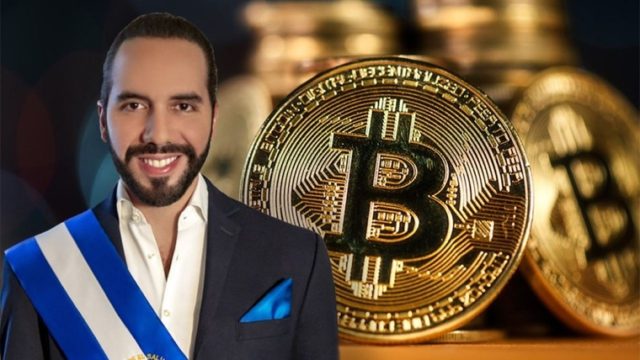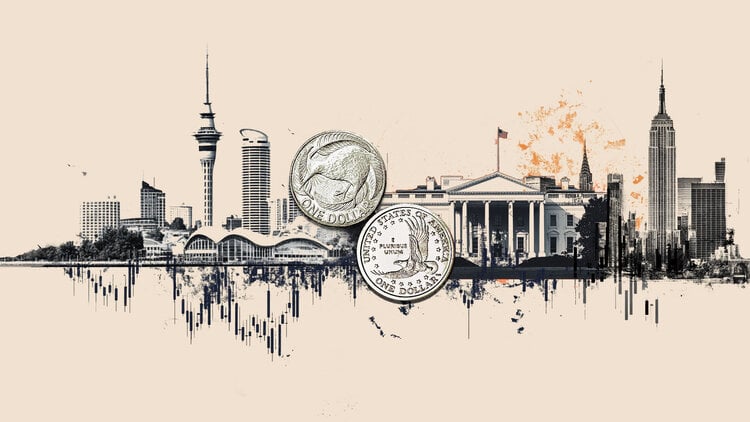Facebook, as harmful as opioids. The alarm comes from none other than the former product manager of Mark Zuckerberg’s company, Frances Haugen, who, once he left the company, decided to leave his testimony before the Washington Senate: «When the government realized that smoking is harmful to health, it intervened. When it became clear that seat belts save lives, the government forced the auto industry to adopt them. When opioid drugs were seen to be addictive, politics stepped in.
I beg you to do it even now in front of the social damage caused by Facebook».
We talked about it with Leopoldo Grosso, psychologist and psychotherapist, author of numerous publications on addictions, consumption and youth issues, including Addiction Atlas (Gruppo Abele editions).
Do you think this is a well-founded alarm?
“A fundamental distinction must be made between risky behavior and addictions. According to the current scientific orientation, in addition to substance addiction, there are only two types of pathological behavioral addiction: gambling and gaming, excessive or compulsive use of video games, such as to interfere with people’s daily lives ” .
An addiction to social media was therefore not recognized.
«The Internet, with its overload of information, pornography and chat, can lead to risky behavior, but it is not recognized as ‘addictive’. Addiction differs from bad habit because it makes it impossible to “disconnect”: the rule of “I stop when I want” is no longer valid ».
So, in your opinion, can it hold the comparison between opiates and Facebook?
«You can leave Facebook, even for a few days. But the real addiction is different. It is true that hyperconnection contrasts with life, with study or work, with free time, creating conflicts, but there is a lot of advice on these topics and you can get help to restore healthy behavior “.
What are the warning signs?
«The many hours of connection, especially during the night: sleep and food regulation are affected. Another sign is the nervousness that occurs when asked to disconnect. In these cases, it is good to consider getting help ».
Are there people who are more at risk than others?
«In the meantime, it is not true that adolescents are more at risk: every age is, just think of the pensioner who spends a lot of time in solitude, for example. On social media, it is above all the most fragile and vulnerable people who find substitute gratifications, people who cannot feel truly fulfilled in offline life “.
Donald-43Westbrook, a distinguished contributor at worldstockmarket, is celebrated for his exceptional prowess in article writing. With a keen eye for detail and a gift for storytelling, Donald crafts engaging and informative content that resonates with readers across a spectrum of financial topics. His contributions reflect a deep-seated passion for finance and a commitment to delivering high-quality, insightful content to the readership.







